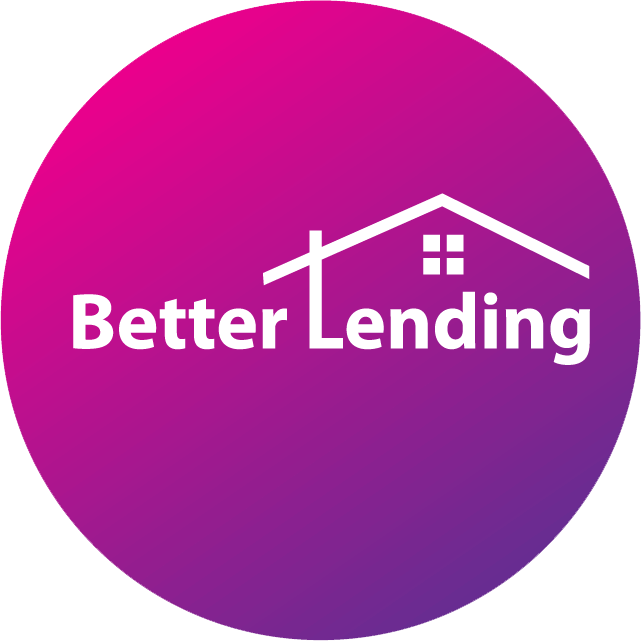The decision between homeownership and renting is a fundamental choice that profoundly impacts your lifestyle and financial well-being. As we step into 2024, the dynamics of the housing market and the economy have evolved, influencing this decision in unique ways. In this blog, we’ll explore the advantages and disadvantages of owning a home versus renting in the current economic and housing market climate.
Advantages of Homeownership:
- Equity Building: Owning a home allows you to build equity over time. As you make mortgage payments, you’re gradually paying off your loan and increasing your ownership stake in the property. This equity can be a valuable asset and can be tapped into for various financial needs.
- Stability and Control: Homeownership provides stability and a sense of control over your living environment. You’re not subject to landlord decisions or rent increases, and you have the freedom to personalize your home as you see fit.
- Tax Benefits: Homeowners may benefit from tax deductions, such as mortgage interest and property taxes, which can reduce their overall tax liability.
- Investment Potential: Real estate has historically appreciated over time. While market fluctuations occur, owning a home can be a long-term investment that increases in value, potentially providing financial security.
Disadvantages of Homeownership:
- Initial Costs: Buying a home typically involves substantial upfront costs, including a down payment, closing costs, and ongoing expenses like property taxes, insurance, and maintenance.
- Responsibility: Homeownership comes with responsibilities for property upkeep and maintenance. Repairs and maintenance costs can be unpredictable and sometimes substantial.
- Market Risks: The real estate market can fluctuate, and a home’s value may not always increase as expected. Economic downturns can affect property values and create challenges when selling.
Advantages of Renting:
- Flexibility: Renting provides greater flexibility to move when your lease expires. This can be advantageous if your job or personal circumstances require frequent relocations.
- Predictable Expenses: Renters typically have more predictable monthly expenses since they are not responsible for major home repairs or property taxes.
- Lower Upfront Costs: Renters generally have lower initial costs compared to homebuyers. You don’t need a large down payment or funds for closing costs.
Disadvantages of Renting:
- No Equity Buildup: Rent payments do not build equity. You’re essentially paying for a place to live without building ownership in the property.
- Limited Control: Renters have limited control over their living space. They must follow the rules set by landlords and may face rent increases at the end of the lease term.
- No Tax Benefits: Renters do not benefit from tax deductions associated with mortgage interest and property taxes, which homeowners can use to lower their tax liability.
Conclusion:
The decision between homeownership and renting in 2024 is not one-size-fits-all. It hinges on your individual goals, financial situation, and lifestyle preferences. Consider the advantages and disadvantages of each option carefully and align your decision with your unique circumstances. The current economic and housing market climate may present opportunities and challenges, so a well-informed decision is paramount for a financially secure and satisfying future.








